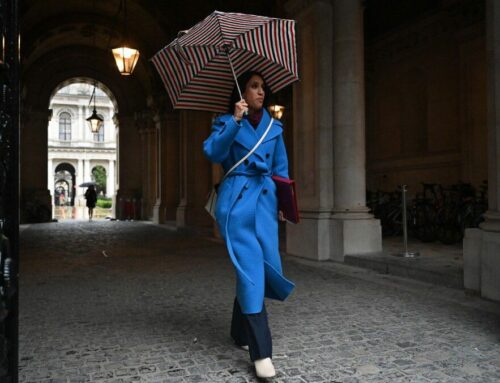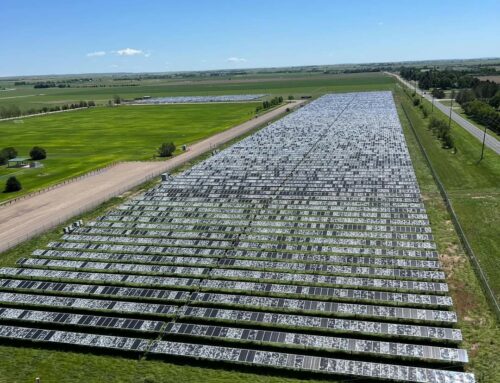On August 19, 2016, Tom Tanton, E&E Legal’s Director of Science and Technology Assessment, filed comments with the Federal Trade Commission regarding solar electricity (Project Number P161200).
Following is a summary of those comments:
The Federal Trade Commission (FTC) is examining competition and consumer protection issues raised by consumers’ growing use of rooftop solar panels to generate their own electric power. State and local regulators, which have authority over retail electric power utilities in most areas of the country, are considering various approaches to many complex issues, including the appropriate rate to pay for customer generated electricity under ‘net metering’ programs. The FTC is reviewing electricity as a critical sector of the economy, as it seeks to educate and protect consumers.
In many jurisdictions, laws or regulations require electricity distribution utilities that sell retail electric power to customers to compensate customers for excess power they may generate, typically from solar PV panels. Compensation can take the form of a reduction in the customer’s bill if the customer consumes more electricity than they generate, or a payment from the utility if the customer generates more than they consume. This practice is broadly known as “net metering.” The FTC asked a series of questions regarding compensating net metering consumers at retail rates.
The Energy and Environment Legal Institute filed comments, available here. We remain concerned that net metering is seldom in the interest of consumers at large nor the environments. In summary, we pointed out:
- Solar is the most expensive source of electrical generation and is the most expensive way to reduce carbon emissions,
- Solar net metering forces in-efficient operation of the grid as a whole, leading to net increases in pollution and carbon emissions,
- Social benefits of solar generation seldom outweigh total social cost, especially as the amount of solar grows,
- Net metering most often involves large regressive subsidies, and encourages free riders to take advantage of the grid without paying for it,
- Contrary to common sales pitches, electricity rates nationwide have actually come down in inflation adjusted terms. The Federal Trade Commission should focus on solar installers’ claims of future savings by avoiding purchase from regulated utilities, and
- Increases in consumer bills are most often the result of bad government policy and programs, not the result of market forces.






